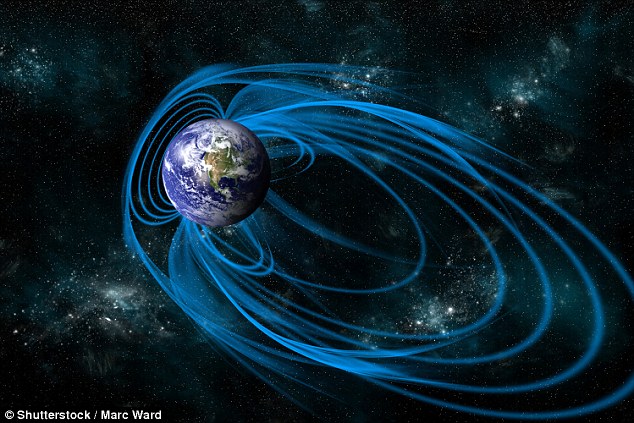Blog Credit: Trupti Thakur
Image Courtesy: Google
Singing Waves Around Mercury
Mercury, the smallest planet in our solar system, is often overlooked due to its diminutive size, barely larger than Earth’s Moon. Its proximity to the Sun and the absence of an atmosphere have left its surface pockmarked with countless impact craters. However, recent findings by scientists have uncovered a fascinating aspect of this celestial neighbor that promises to expand our understanding of Mercury’s magnetic environment.
The Enigma of Mercury’s Plasma Waves
What sets Mercury apart from its planetary counterparts is its lack of a robust magnetic field, primarily due to its close proximity to the Sun. In a groundbreaking discovery, Japanese astronomer Mitsunori Ozaki, hailing from Kanazawa University, in collaboration with researchers from France and Japan, detected “whistling” sounds emanating from Mercury’s magnetic field. This phenomenon marks the first-ever recording of such chorus waves around Mercury.
Chorus waves are a known occurrence in the atmospheres of planets like Earth, Jupiter, and Saturn, among others. However, Mercury, often described as a rocky world with an almost “non-existent atmosphere,” due to constant bombardment by solar winds and radiation from the Sun, is a unique case.
Mercury’s Missing Components
Another peculiarity of Mercury lies in its absence of permanent radiation belts, akin to Earth’s ozone layer, which traps solar radiation within the planet’s magnetic field. The recent discovery of these plasma waves presents a unique opportunity to delve into the magnetic environment of Mercury and understand how the solar wind emitted by the Sun shapes the planet’s relatively feeble magnetic field.
A group of scientists led by astronomer Mitsunori Ozaki from Kanazawa University in Japan has made a fascinating discovery about our solar system’s smallest planet, Mercury. They have detected plasma waves that emit a sound similar to “singing” around Mercury, which could expand our understanding of the planet’s magnetic field.
Mercury is unique in that it lacks a strong magnetic field due to its proximity to the sun. The discovery of these plasma waves, or sounds resembling a “whistle,” is significant because they are typically observed and recorded in the atmospheres of planets like Earth, Jupiter, and Saturn. However, this is the first time such waves have been found around Mercury, a planet with an almost nonexistent atmosphere due to the constant bombardment of solar winds and radiation.
Unlike Earth, which has permanent radiation belts like the ozone layer to trap solar radiation, Mercury lacks this protection. Therefore, this new discovery opens up opportunities to study how solar wind shapes Mercury’s weak magnetic field.
In recent months, other interesting facts about Mercury have also emerged. Despite its lack of atmosphere, the planet has its own unique aurora. Additionally, Mercury is known for its fast orbit around the sun, completing one revolution in just 88 Earth days. Surprisingly, it is not the hottest planet in our solar system; that title belongs to Venus, thanks to its dense atmosphere. Furthermore, scientists have observed that Mercury is gradually shrinking, a phenomenon that has puzzled researchers for many years.
This discovery of plasma waves around Mercury expands our knowledge of the planet and its magnetic environment. It presents new opportunities for scientists to delve into the mysteries of Mercury and gain a better understanding of the effects of solar wind on this rocky planet.
Other Intriguing Insights into Mercury
Beyond this groundbreaking revelation, Mercury has continually offered captivating insights:
- Unique Auroras: Despite its lack of a substantial atmosphere, Mercury boasts its own peculiar auroras, a recent discovery that baffled scientists.
- Speedy Orbit: Mercury holds the record as the fastest planet in our solar system, completing an orbit around the Sun in just 88 Earth days.
- Not the Hottest: Contrary to popular belief, Mercury is not the hottest planet in our solar system. Venus clinches that title due to its dense and suffocating atmosphere.
- Shrinking Planet: Mercury is also known for its peculiar phenomenon of being a “shrinking planet,” a subject of debate among scientists for decades.
Blog By: Trupti Thakur

18
OctSinging Waves Around Mercury
Oct 18, 2023Recent Blog
The V2G TechnologyApr 21, 2025
Country’s Specific Domain By GoogleApr 19, 2025
The ITES-QApr 17, 2025
The UPI Circle Of PhonePeApr 16, 2025
Dangerous AI In HealthcareApr 15, 2025




